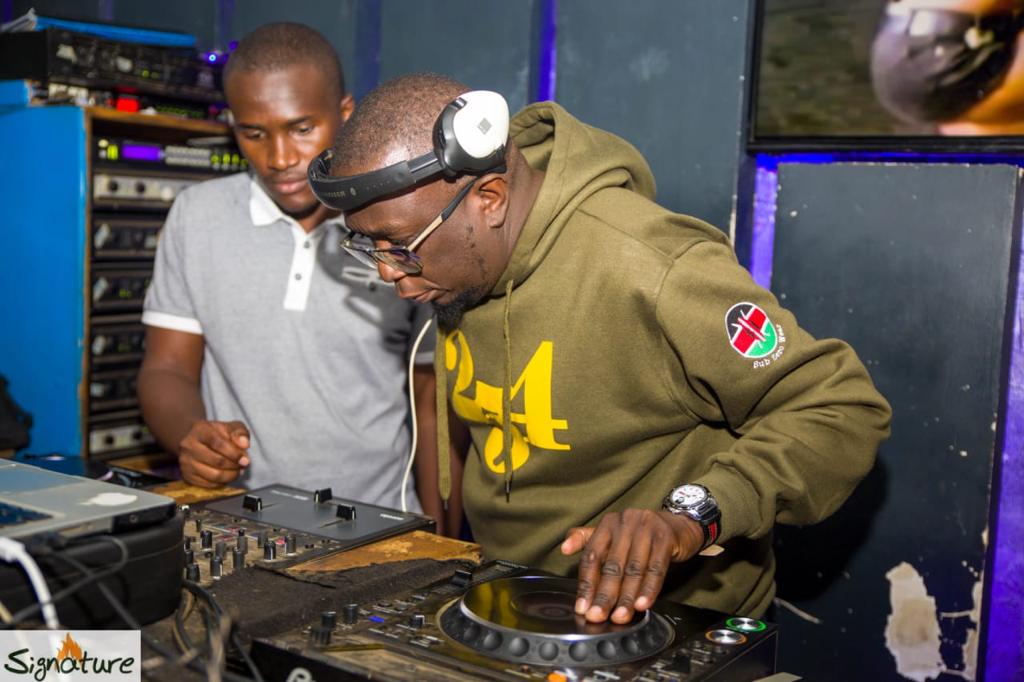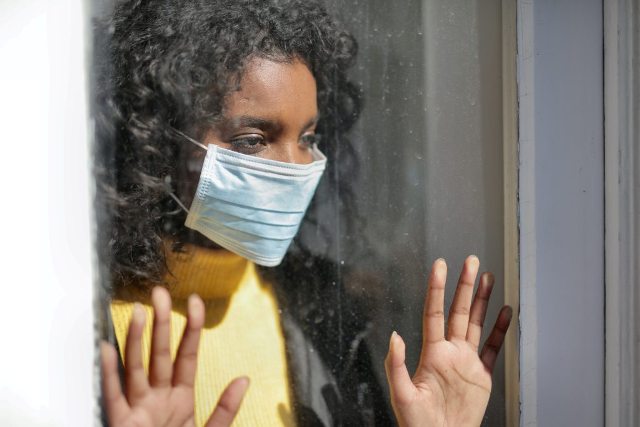Share this
Since March 2020, the Kenyan government has put in place plenty of measures to contain the spread of COVID-19. These measures included the cessation of inter-county movements, a ban on international travel, curfews, partial lockdowns, closure of schools, a ban on alcohol sale, closure of bars and night clubs among others. Some of these measures have been reviewed with time. Today, a night curfew still exists from 10.00 PM – 4.00 AM, there are restrictions on the number of people who can attend social gatherings such as weddings, funerals and religious functions. Bars and night clubs are required to close by 9.00 PM.
These measures have significantly helped keep our infection numbers low. As of today, the total cases recorded in the country stands below 99,500 with about 1,700 deaths recorded over the same period.
Across the country, the containment measures have also had varying degrees of negative economic and social impacts.
Impact on Livelihoods
A media report published in September 2020 says about 1.7 million jobs were lost between March and June 2020 when the government imposed lockdowns and a ban on inter-county movements in certain parts of the country.
Data from the Kenya National Bureau of Statistics (KNBS) shows the number of people in employment fell to 15.87 million between April and the end of June compared to 17.59 million in the previous quarter.
Business Daily, 01 September 2020
The worst-hit were young people working in the private sector, and with the economic impacts being felt across different sectors of the economy, there were reduced opportunities of employment for those who were either losing their jobs because of the pandemic or facing pay cuts.
This compounded the challenges to jobseekers, especially the close to one million young people who graduate from various educational institutions every year.
To give this a human face I spoke to Stephen Otiato (Dj Slim), a very popular Kisumu disc jockey who was booked at different night clubs in the city for at least five nights each week before the pandemic.
“I would make about Sh. 80,000 every week. My life was very comfortable back then. My family lives in Nairobi and I travelled every Sunday to see them. Today, I only play once a week and I hardly make Sh. 25,000.”
Today Dj Slim has to decide between travelling to Nairobi to see his family and sending them part of the little money he makes each week week from the single gig.

“Initially we were not even playing at all because there was a ban on nightclubs. The lockdown also made it impossible for me to see my family every week as I was used to as it found me out of Nairobi. I remember between March and December I only saw them once. This has affected my relationship with my children and every time we talk on the phone they keep asking when I am travelling to Nairobi,” he explains.
Dj Slim is one of the few people in the entertainment industry who at least still have an income from the trade and the few other investments he had made before the pandemic. Many young entertainers are finding it difficult to put food on the table. A lot have moved back to living with relatives or friends. He says the fund promised by the President for artists was not distributed to everyone – “mostly benefitted people in Nairobi” while those in smaller cities and towns got payments as little as Sh. 3,000 or none at all.
Even with the hope of a vaccine landing in the country mid next month, Dj Slim is not hoping that anything will change this year.
“If they wanted to open up this country they would. Look at us, we can’t play at night, there are impractical requirements for social distancing while politicians go about their business as usual. Look at the crowds they pull for their political rallies…maybe in 2022. Maybe they will remember that we need to eat and feed our families in 2022 when they will require our votes.”
According to a paper published by BMC Medicine (an open-access platform for publishing high-quality peer-reviewed journals on medicine), 36 percent of the respondents sampled from informal settlements in Nairobi reported “complete loss of income,” while another 50 percent reported partial losses of income. Eighty-three per cent reported experiencing increases in food prices, and three-quarters of respondents reported eating less or skipping meals due to having too little money for food. All attributing this to COVID-19 and related containment measures being implemented by the government.
Impact on Education
To reduce the spread of the virus, President Kenyatta announced the closure of all schools and universities on March 15, 2020. Special classes and tertiary institutions would later open for learning in October.
Schools were expected to implement online instruction using technology and the Internet. Teachers were advised to prepare work for the students to do at home. However, the lack of broadband Internet and the cost of Wi-Fi in some remote areas limited the amount of e-learning available to students.
Although Kenya is considered an ICT hub in Africa, known as the Silicon Savannah for its innovations in technology, it is not immune to the challenges of the digital divide. As in many countries, the digital divide limits the access of e-learning to children in remote areas of those living in poor neighbourhoods in major cities.
The cost to access the Internet for families is often more than a day’s wage. Many low-income people, especially those living in rural areas, have limited access not only to the Internet but also to hardware such as mobile devices, laptops, or computers. Many parents in these setups also lacked training in the use of the devices or the Internet for instruction. Although the literacy rate in Kenya is at 81.54%, many parents do not have sufficient education to assist their children at home. This greatly impacted the learning of children for over nine months.
Social Impacts
A study by the Kenya National Bureau of Statistics showed that 23.6 per cent of Kenyans have witnessed or heard cases of domestic violence in their communities since the introduction of COVID-19 containment measures. The national gender-based violence hotline 1195 received 810 cases in September (as of 29 September 2020) compared to 646 cases in August, an increase of 25 per cent. All cases received psychosocial first aid (PFA) and referral services.
Another study undertaken by the Ministry of Health and Population Council (April 2020) on COVID-19 Knowledge, Attitudes, Practices and Needs showed that 39 per cent of women and 32 per cent of men were experiencing tensions in their homes.
A study by Dr Habil Otanga, a Lecturer at the University of Nairobi, Department of Psychology says that such measures can also lead to a surge in mental related illnesses including depression, feelings of confusion, anger and fear, and even substance abuse. It also brings with it a sense of boredom, loneliness, anger, isolation and frustration. In the post-quarantine/isolation period, loss of employment due to the depressed economy and the stigma around the disease are also likely to lead to mental health problems.
While lockdowns and the other forms of containment measures have proved to be effective in controlling the spread of the virus across the globe, there is no doubt about the impact they have on populations’ social, economic and in some instances political well-being. Just like governments have done in the West, there is a need for more attention to be given to cushioning those adversely affected by the economic aftershocks of the pandemic and containment measures. There is a need for investment in a robust healthcare system that includes mental health mainstreaming to help people cope during these times.





